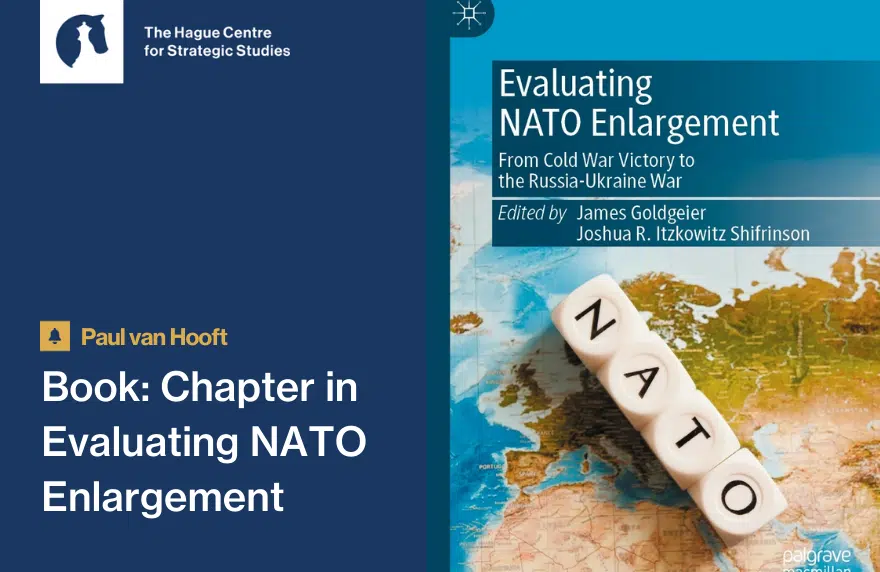What are the consequences of NATO enlargement after the end of the Cold War? In “Land rush: American grand strategy, NATO enlargement, and European fragmentation”, HCSS Senior Strategic Analyst Paul van Hooft analyses American grand strategy, NATO enlargement, and the long term consequences for Europe.
Abstract
This article argues that NATO enlargement, while stabilizing Central and Eastern Europe, still undermined other aspects of European security over the long term. Throughout the 1990s and 2000s, US administrations pursued three ambitious policies: they expanded NATO, but also its geographic scope, and they ensured that no alternative European security architectures could compete with NATO. Through interviews with US officials, the article shows a preoccupation with instability in Europe and elsewhere, an institutional predisposition to maintaining the centrality of NATO, and a lack of constraints on US policies by Russia or Europe. In the end, these contradictory policies diluted European strategic cohesion and overburdened European militaries, while expanding the commitments inherent to the alliance.
Read the entire article (subscription content)
Paul Van Hooft, “Land Rush: American Grand Strategy, NATO Enlargement, and European Fragmentation,” International Politics 57 (2020): 530–53.




